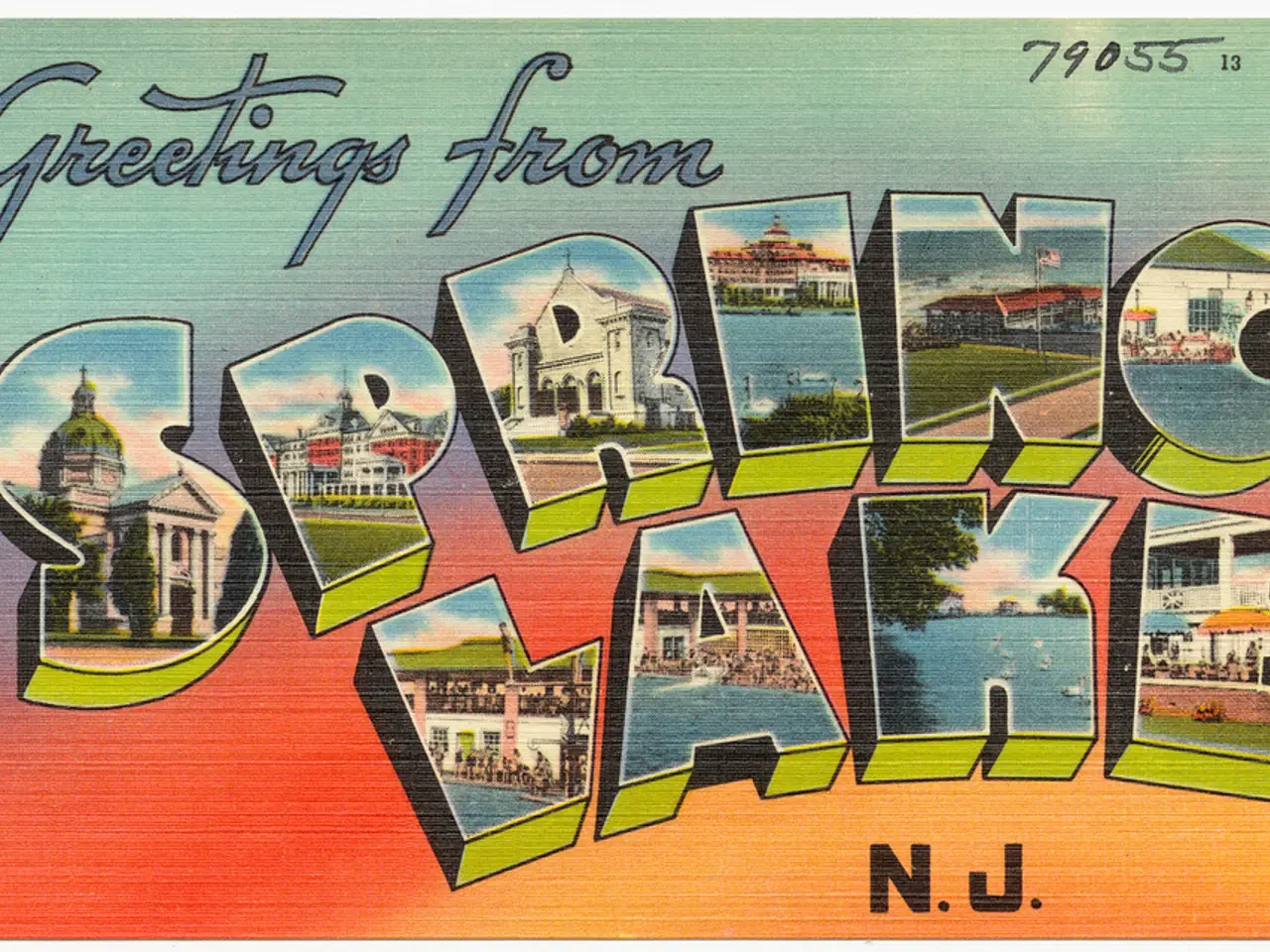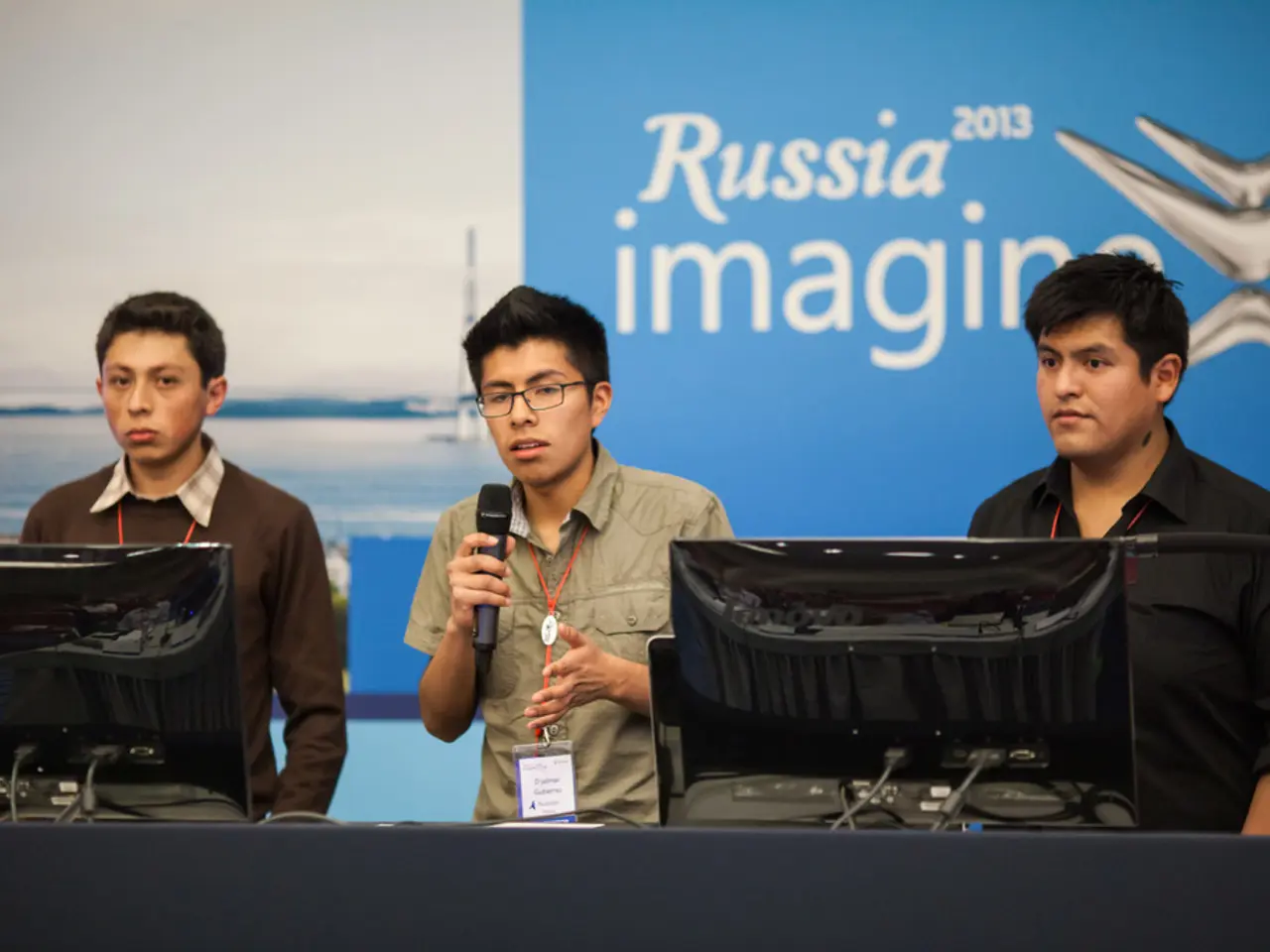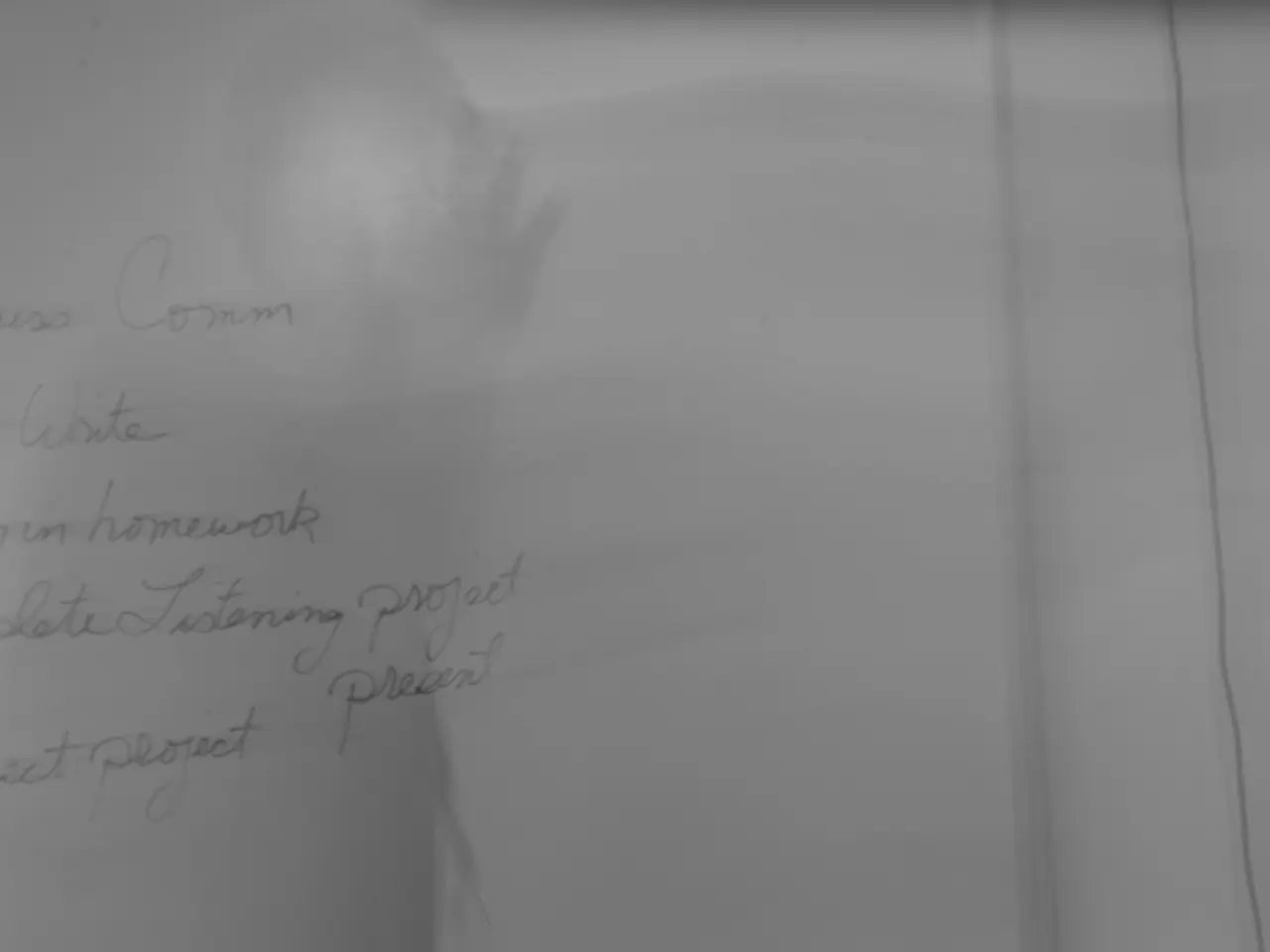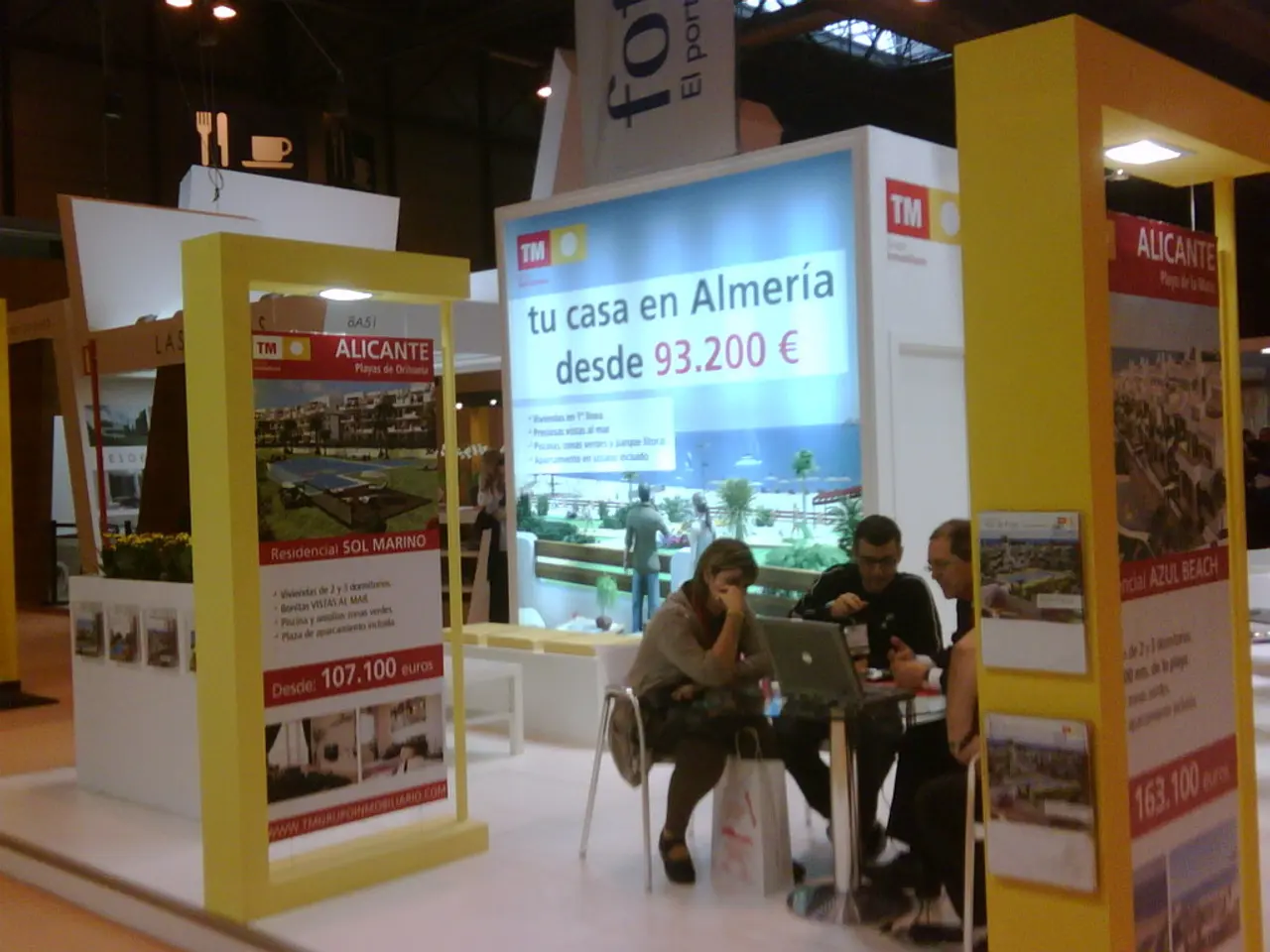Struggling Existence in Transit: A Glimpse into the Daily Struggles of Migrants in Tunis
In the heart of Tunis, Tunisia, two men from Guinea, Ahmed Barry and Ali Moriba, toil away at a car wash, their hopes and dreams for a better life hanging in the balance. This is just one of the many informal sectors where migrants from Africa find work, but recent developments in the EU's migration policy have made life increasingly difficult for these workers.
Since the fall of Tunisia’s previous regime, the EU and Tunisia have built a partnership heavily focused on migration control. Over €230 million has been spent on migration-related programs, including funding for Tunisia’s national guard and coast guard to restrict departures and organize returns. While the agreement aims to reduce irregular migration, it has inadvertently led to increased vulnerability among migrants, including those in low-wage informal jobs such as car washing.
The EU's emphasis on externalizing migration management has faced criticism by rights groups, who argue that expedited returns and the designation of "safe countries" undermine migrants' protection and human dignity. Reports of migrants being driven out of informal settlements and human rights defenders prosecuted indicate a repressive climate for migrants inside Tunisia itself.
This externalization and border-focused approach does not address the socio-economic needs of migrants working in informal sectors. These migrants often face precarious living and working conditions, exacerbated by reduced mobility and increased deportation risks stemming from EU agreements.
Business is slow at the car wash, a reflection of the larger economic struggles faced by migrants in Tunisia. Around 3,500 irregular migrants have returned to their home countries voluntarily this year, a trend that has continued at the same pace in the first quarter of this year. The coast guard has increased patrols and is monitoring the waters more closely, with the help of European equipment and harsher penalties for smugglers.
The EU agreement between Tunisia and the European Union has led to a decrease in the influx to Italy from Tunisia, with a decrease of nearly 80% last year compared to the previous year. However, this success comes at a cost for the migrants themselves, who are increasingly harassed and intimidated, and clashes between migrants and locals have occurred.
Migrants have chosen to live in rural areas or poorer regions to avoid security forces. Karim, a migrant from Cameroon, searches for plastic bottles in the trash in Marsa suburb to sell at the local dump, earning about 30 cents per kilogram of plastic. Many women among migrants in Tunisia have no choice but to beg on the streets or sell tissues.
President Kais Saied has fueled the situation by accusing migrants of bringing "violence, crime, and unacceptable behavior" into the country. Yet, the situation is complex, and the EU's migration policies, including agreements similar to or inspired by the EU-Tunisia memo, have been criticized for moral and human rights shortcomings in nearby contexts like Libya, indicating a pattern where restrictive deals limit migrants’ rights and worsen conditions.
As Ahmed Barry and Ali Moriba continue their work at the car wash, their dreams of a better life remain elusive. The EU's focus on border control and return mechanisms has indirectly worsened their situation, increasing their precarity, mobility restrictions, and exposure to state enforcement actions. The hope is that future policies will address the socio-economic needs of migrants and protect their rights, ensuring a brighter future for those seeking a better life.
References:
- Amnesty International (2020). Tunisia: EU Migration Policies Push Migrants into Poverty and Vulnerability. [online] Available at: https://www.amnesty.org/en/latest/news/2020/05/tunisia-eu-migration-policies-push-migrants-into-poverty-and-vulnerability/
- Human Rights Watch (2019). EU-Tunisia Migration Deal: A Mistake in the Making. [online] Available at: https://www.hrw.org/news/2019/06/11/eu-tunisia-migration-deal-mistake-making
- UNHCR (2019). Tunisia: Protection of Migrants and Asylum-Seekers in the Context of Return and Readmission Agreements. [online] Available at: https://www.unhcr.org/news/briefing/2019/10/5d9bbc754/tunisia-protection-migrants-asylum-seekers-context-return-readmission.html
- The Guardian (2019). EU Migration Policies in Libya Condemn Thousands of People to Slavery, Report Says. [online] Available at: https://www.theguardian.com/global-development/2019/nov/26/eu-migration-policies-in-libya-condemn-thousands-of-people-to-slavery-report-says
- Despite the EU's focus on reducing irregular migration through partnerships and agreements with countries like Tunisia, such policies have inadvertently created increased vulnerability for migrants working in informal sectors, like Ahmed Barry and Ali Moriba at the car wash, by exacerbating precarious living and working conditions and increasing deportation risks.
- Amidst the criticism of the EU's migration policies for undermining migrants' protection and human dignity, the EU-Tunisia agreement's emphasis on border control and return mechanisms has been linked to a worsening of conditions for migrants, such as increased precarity, mobility restrictions, and exposure to state enforcement actions, even in Sociopolitical contexts beyond Tunisia.






